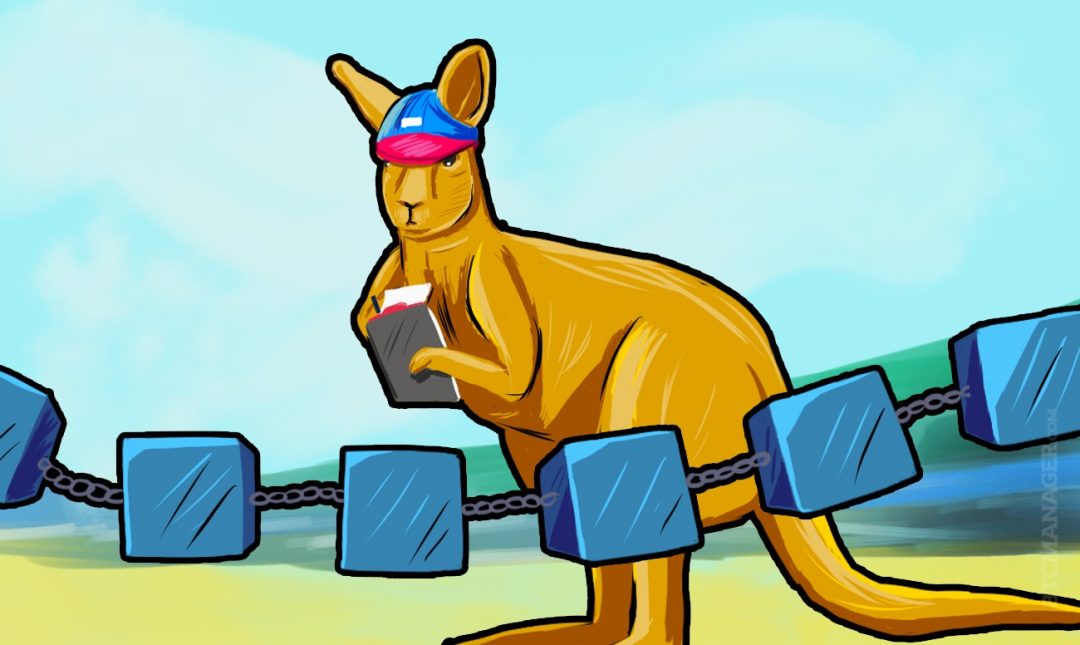Australia Leads the Way with International Blockchain Standards

A report outlining the ‘Roadmap for Blockchain Standards,’ has been published by Standards Australia in March, to support the development blockchain and distributed ledger technology (DLT) and to clarify international standards.
Australia’s non-governmental body is in charge of managing the Secretariat of an international technical committee for the development of blockchain standards, ISO/TC 307, by the International Organisation for Standardization (ISO), with the ISO announcing their decision in September 2016.
The first international blockchain standards meeting for ISO/TC 307 is scheduled for April 2017 with insights and recommendations to be presented from the report of blockchain standards. The strategic insights in the following areas are to be delivered to the 33 ISO/TC 307 member countries in the meeting;
- Identifying several technical issues focused on governing, developing and using blockchain and DLT.
- Identifying cases specifically to Australian stakeholders and examine the necessary standards to determine particular use cases of blockchain and DLT.
- Organizing the standards of developing activities to be undertaken in the development of international standards for blockchain by ISO/TC 307.
- Examine the structures and pathways that can be used under ISO/TC 307 to determine the development of international standards for blockchain by ISO/TC 307.
The blockchain is a distributed ledger which records and verifies transactions in a secure manner is in the public domain. According to Standards Australia, once the particular terminology focused around blockchain is tackled such as privacy, security and identity concerns can then be collectively executed through the development of one or a suite of standards under ISO/TC 307.
The foundational standards for blockchain and DLT technology should also address governance and risk-related issues regarding adoption, as well as the establishment of interoperability among blockchain systems. But to develop such standards, terminology and consistency in vocabulary were cited as the most important blockchain issue requiring immediate attention.
“The development of standards for terminology, privacy, security, identity, risk, governance, and other key issues relating to standards paves the way for the later development of a reference architecture standard for blockchain under ISO/TC 307,” the report says.
“A blockchain terminology standard would provide the clarity necessary to support the development of other blockchain standards… Standards for interoperability are more likely to be achieved after more fundamental matters are addressed such as the development of a consistent terminology.”
The report also includes results from a survey which has guided the roadmap, with 100 people from the Australian government, industry, academic/research, and consumer organizations participating. For instance, most survey respondents indicated that they would like to see the government use the blockchain for property title registration, personal identification, and management of health records.

Priority use cases highlighted for the Australian economy are government, financial services and agriculture supply chain, noting that “a standard specific to unitising stock or goods to support the application of blockchain technologies in the supply chain may be required.“
To ensure the widespread adoption of blockchain technology, there must be standardization. Over the coming years, Standards Australia will be working with international and Australian stakeholders to make this happen, collaborating and drawing on the experiences of pioneers in the blockchain space such as Commonwealth Bank of Australia, IBM, and Microsoft.














